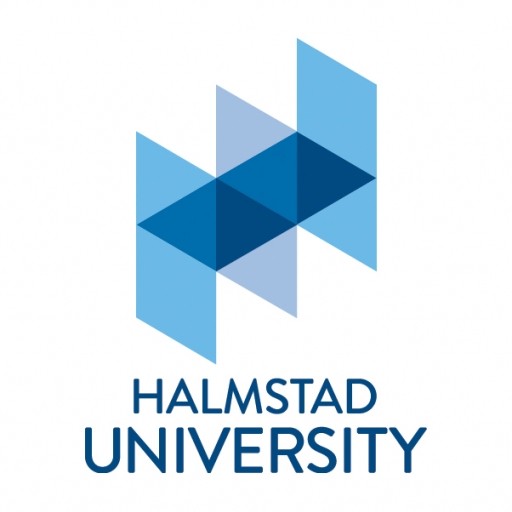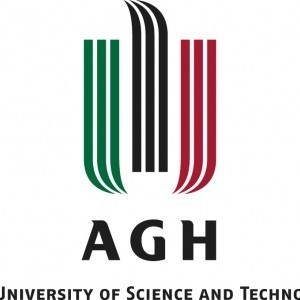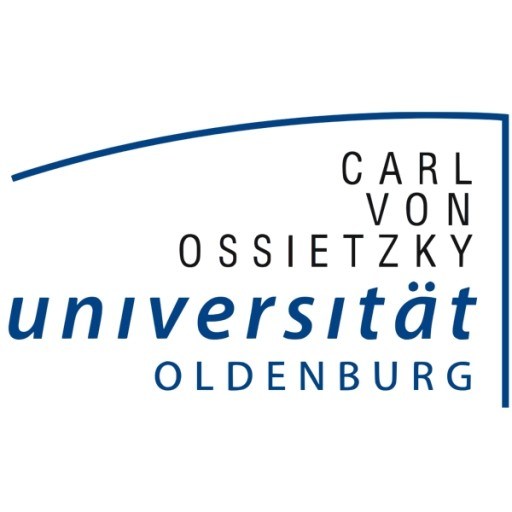Photos of university / #hogskolanihalmstad
The Master's Programme in Renewable Energy Systems at Halmstad University is a comprehensive and innovative course designed to prepare students for the rapidly evolving field of sustainable energy. This program provides a solid foundation in the principles and applications of renewable energy technologies, including solar, wind, bioenergy, and hydroelectric power, with an emphasis on practical implementation and systemic analysis. Students will explore the technical, economic, and environmental aspects of renewable energy systems, gaining the skills necessary to design, analyze, and optimize energy solutions that contribute to a more sustainable future. The curriculum combines theoretical coursework with project-based learning, encouraging teamwork, problem-solving, and critical thinking. Throughout the program, students will have access to cutting-edge laboratories and research facilities, fostering hands-on experience. The program also emphasizes interdisciplinary collaboration and innovation, preparing graduates for careers in industry, research, and policy-making sectors. Students will be equipped to address current challenges related to energy security, climate change, and sustainable development. Additionally, the programme offers opportunities for international exchange, internships, and engagement with industry partners, enhancing practical knowledge and professional networks. Graduates will be well-positioned for employment in engineering companies, consulting firms, governmental agencies, and research institutes, contributing to the global shift towards renewable energy solutions. With a focus on the latest technological advancements and sustainable practices, the Master's Programme in Renewable Energy Systems aims to produce highly qualified professionals innovative in their approach to creating a greener and more sustainable energy landscape worldwide.
The program is a one-year postgraduate program at an advanced level and comprises 60 credits (hp) in the main field of study - renewable energy technologies. All courses are electives, individual courses (except the thesis) may be exchanged with other courses in the field of energy from other universities, after consultation with the administrator of the program. An appropriate course packages can be chosen from the courses below (all courses are within the main application area and is at an advanced level):
* Wind power projects and commissioning, 7.5 hp
* Numerical methods to solve thermal and electromagnetic fields, 7.5 hp
* Design and analysis of electrical power systems and utilites, 7.5hp
* Production of electric energy from renewable energy, 7.5 hp
* Exergy, 7.5 hp
* Advanced course in biogas, 7.5 hp
* Advanced course in district heating, 7.5 hp
* Scientific methods in natural sciences, 7.5 hp
* Master thesis (compulsory), 7.5 hp
The Renewable Energy Systems master’s programme at Halmstad University requires applicants to hold a Bachelor's degree or an equivalent qualification in engineering, technology, or a related field, demonstrating a strong foundation in physics, mathematics, and engineering principles. Prospective students must provide proof of English language proficiency through standardized tests such as IELTS (minimum score of 6.5 overall with no section below 5.5), TOEFL iBT (minimum score of 90), or equivalent certifications recognized by Swedish authorities. Additionally, applicants are expected to submit a motivation letter outlining their interest in renewable energy technologies, relevant experience, and career aspirations, which helps assess their motivation and suitability for the advanced coursework. Prior coursework in renewable energy, sustainable engineering, or related disciplines is advantageous but not mandatory; the programme values interdisciplinary backgrounds and encourages applicants with diverse academic experiences to apply. The selection process primarily considers academic performance, motivation, and relevant experience, with a focus on ensuring candidates possess the technical competence to succeed in a demanding, research-intensive environment. International students must also verify their identity and academic credentials through relevant official channels and provide copies of diplomas and transcripts for evaluation. The university emphasizes the importance of environmental awareness and innovative thinking in renewable energy solutions, so applicants demonstrating engagement with sustainable development initiatives or practical research projects related to renewable energy systems may have an added advantage. The programme aims to equip students with comprehensive knowledge of renewable energy technologies, energy system analysis, project management, and innovation in sustainable energy solutions, preparing graduates to contribute effectively to the transition towards sustainable energy systems worldwide. It is highly recommended that applicants carefully review the specific admission criteria and application deadlines published on the university’s official website to ensure their application is complete and submitted within the specified timeframe.
The Renewable Energy Systems MSc program at Halmstad University offers various financing options to support students throughout their studies. Tuition fees for non-EU/EEA students are applicable, and financial aid opportunities are available to eligible applicants. International students are encouraged to explore scholarships, grants, and university-funded financial support programs that may cover part or all of the tuition costs. Halmstad University provides several scholarship schemes, including the University Scholarships and Swedish Institute Scholarships, designed to assist high-achieving students from outside the EU/EEA region. These scholarships typically require an application submitted simultaneously with the program application and are awarded based on academic merit and financial need.
Additionally, students are encouraged to seek external funding opportunities from their home countries, such as government scholarships or sponsorship programs that support international education. Loans and student financing options are also available through various national and private banks, depending on the student's country of residence. The university recommends early planning for finances to ensure adequate funding for the duration of the program, which generally lasts two years.
Students may also consider part-time work during their studies, as international students in Sweden are permitted to work up to 20 hours per week during the semester, which can help offset living expenses. Cost of living in Halmstad includes accommodation, food, transportation, and personal expenses, which students should budget for accordingly. The university provides guidance and resources to assist students in managing their finances, including workshops on financial literacy and information on local economic conditions. Overall, while the program does involve tuition fees, a variety of financial support mechanisms are in place to assist students financially, making it feasible for qualified applicants to pursue their studies in renewable energy systems at Halmstad University.
The Renewable Energy Systems master's program at Halmstad University provides students with a comprehensive understanding of the technical, economic, and environmental aspects of renewable energy sources. This program aims to equip students with the skills necessary to develop sustainable energy solutions that meet societal needs while minimizing environmental impact. The curriculum covers various renewable energy technologies, including solar power, wind power, bioenergy, and energy storage systems, with a focus on their integration into existing energy systems.
Students participate in practical projects and laboratory exercises that enhance their problem-solving skills and technical knowledge. The program emphasizes interdisciplinary approaches, combining engineering, environmental science, and economics to prepare graduates for complex challenges in the renewable energy sector. Throughout the course, students learn about energy system planning, grid integration, and the deployment of renewable technologies in different contexts. The program also addresses policy frameworks, market mechanisms, and strategies for promoting renewable energy adoption globally.
Halmstad University offers state-of-the-art facilities and laboratories that support hands-on learning and research activities. The program encourages international collaboration and exchange, providing opportunities for students to gain global perspectives on renewable energy issues. Graduates are well-positioned to work in consulting firms, energy companies, research institutions, and government agencies focused on sustainable energy development. Overall, this program aims to foster innovative thinking and technical expertise among students, preparing them to contribute effectively to the transition toward a sustainable energy future.










